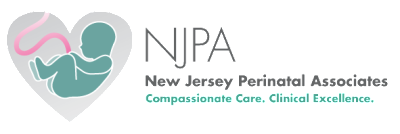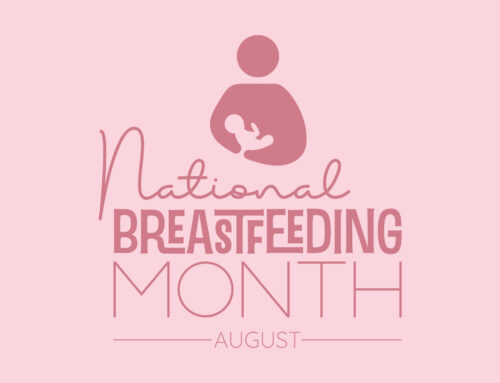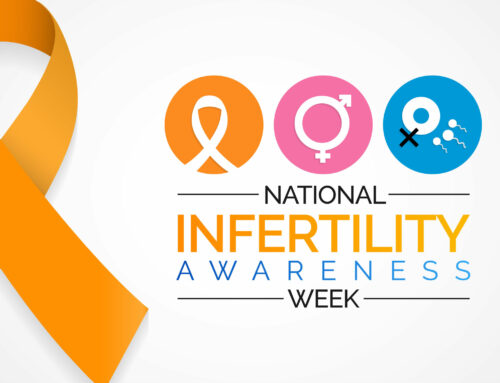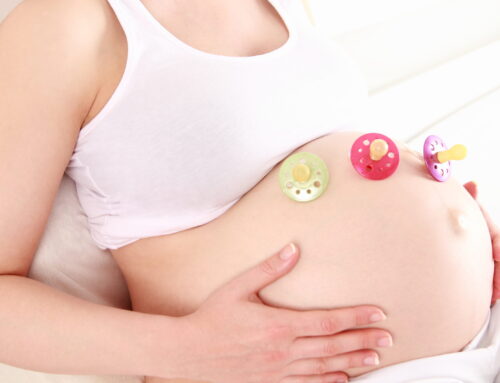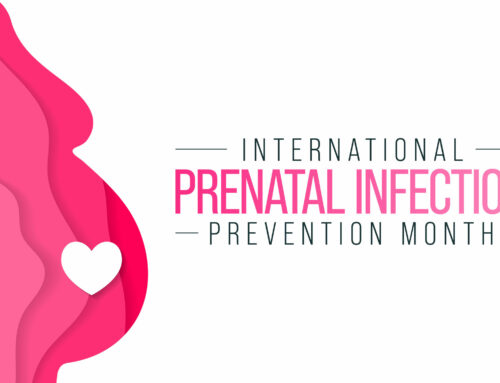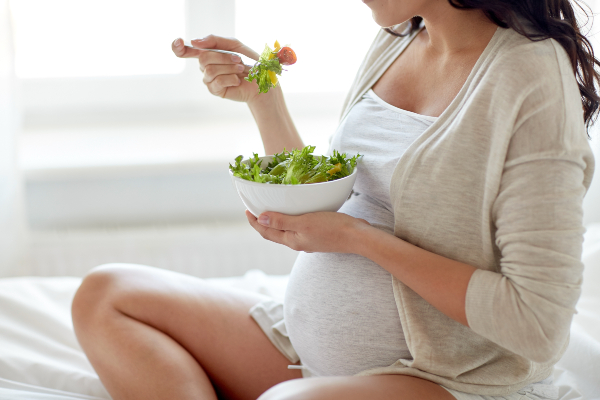
Everything You Want to Know About Pregnancy Do’s and Don’ts – Pregnancy Diet Tips
Our previous Pregnancy Do’s and Don’ts blog focused on vitamins and hydration during pregnancy, and now we want to talk about pregnancy diet tips that will support the health of you and your baby. There is lots of conflicting information out there about what you should and shouldn’t eat during pregnancy, and we want you to feel confident that you are making the best possible diet choices throughout your pregnancy. Keep reading for tips and insights from Dr. Dziadosz about your diet during pregnancy!
Can I Eat Fish During Pregnancy?
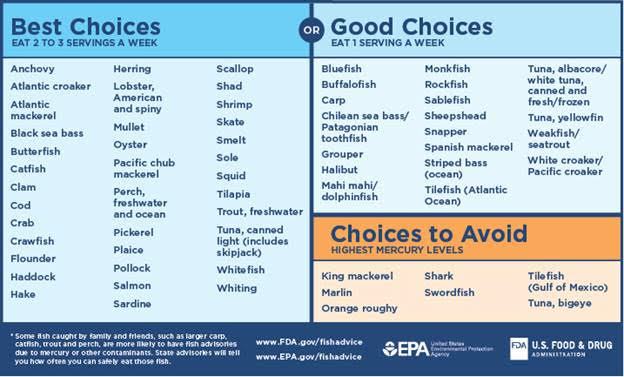
There are so many amazing nutrients that help your baby’s growth and development in fish (ie. Omega 3 and DHA). Fish is also very high in protein. For those of you with aversions to meat during pregnancy, maybe try fish!
Women should consume 2-3 servings per week of fish. Even better, consume fish that are HIGH in DHA and Omega-3, but LOW in mercury. These include anchovies, mussels, oysters, salmon, sardines, scallops, squid, snapper, and trout. Fish that are high in mercury include king mackerel, shark, swordfish, marlin, bigeye tuna, and tilefish. Use the U.S Food and Drug Administration chart above as a great reference.
Sushi, Cold Cuts, Hot Dogs, and Unpasteurized Cheese (aka All of Your Favorite Things)
Do women in Japan eat sushi while pregnant? Do women in France eat unpasteurized cheese while pregnant? Resounding – Yes! The reason pregnant women in the United States are advised against consuming these products during pregnancy is to avoid getting sick and food poisoning; because, if you get really sick, the pregnancy can be negatively affected. Specifically, we do not want you to contract Listeria, which can be dangerous to the pregnancy. It is in fact the potential illness that can be harmful to a pregnancy due to severe dehydration, fever, vomiting, and infection.
So just be careful! Wash your veggies and your fruit. Maybe skip the street meat you catch yourself questioning. But be mindful of eating from the safest environments possible. There is no scientific data linking pregnant women eating the ‘forbidden few’ with health risks to babies or complications with pregnancies.
Can I Have Artificial Sweeteners During Pregnancy?
There is no scientific data that shows artificial sweeteners cause more birth defects. So go right ahead. But remember, everything in moderation.
How Much Weight Should I Gain During Pregnancy?
How much weight we are supposed to gain during our pregnancy is based on prepregnancy weight. In general, the less your weight prior to pregnancy, the more you should gain; whereas, the more you weigh prior to pregnancy, the less you need to gain. Not gaining enough leads to concerns about your baby being too small and undernourished. Gaining too much can lead to a baby that is too big for you, inability to deliver vaginally, complications with delivering vaginally such as the baby having a hard time getting through the birth canal, and issues after delivery that may lead to an admission to the special nursery, or NICU, for your baby.
Women typically only need an extra 350 calories per day during the 2nd and 3rd trimester. It is important that you eat plenty of proteins and vegetables. Fruits are healthy, but beware! Fruits can also be VERY high in sugars, so you do not want to munch on watermelon all day! A great source for portion control is MyPlate from the U.S. Department of Agriculture. Portions vary depending on what you are eating, but in general, think of a single serving as the size of the palm of your hand.
Women who are underweight with a body mass index (BMI) of <18.5, should gain between 28-40 pounds. Normal weight women of BMI 18.5 – 24.9 should gain 25-35 pounds. Overweight women with BMI 25 – 29.9 should gain 15-25 pounds. And finally, women who are obese with a BMI >30 should gain only 10 to no more than 20 pounds. You can calculate your BMI online by plugging your current height and weight into a simple calculator.
Making the Right Diet Choices During Pregnancy
Ladies, there is so much poor information out there. There are so many cultural practices that will be advised. There is so much social pressure out there – from other moms, from non-moms, from strangers, from your family, from your friends, your boss, your partners… Do the best you can for yourself and your baby. Nobody is perfect, but that is the best thing you can do for you both!
High-Risk Pregnancy Care in NJ from the Maternal-Fetal Medicine Specialists at NJPA
We are proud to provide comprehensive pregnancy care and services to those with high-risk pregnancies in NJ at our offices in Livingston, Belleville, Warren, Westfield, Teaneck, Paramus, and Parsippany. Dr. Dziadosz, along with all of our perinatologists, provides prenatal diagnosis services, care for medical complications of pregnancy, care for pregnancy-related complications, and preconception counseling. She says that the genuine connections she develops with her patients, fueled by the fact that she is a new mother herself, drives her tireless passion for Maternal-Fetal Medicine. To learn more about the care we provide at NJPA or to schedule an appointment at the location nearest you, please contact us today.
